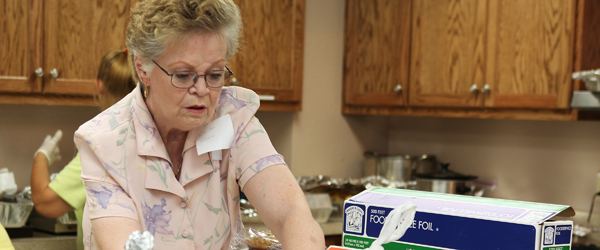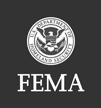Serve Your Community
 Learn About It
Learn About It
- Learn about the hazards most likely to affect your community and their appropriate responses.
- Learn about local emergency response plans, drills, and exercises.
- Find out what your community is doing to prepare.
- Subscribe online to the free Citizen Corps news email service at www.citizencorps.gov/subscribe.shtm.
Resource Websites
- Citizen Corps
- National Safety Council
- Community Emergency Response Teams
- Fire Corps
- Medical Reserve Corps
- USAonWatch/Neighborhood Watch
- Volunteers in Police Service
- Office of Safe and Drug Free Schools
- Readiness and Emergency Management for School
Talk About It
- Host a house meeting with your family, neighbors, co-workers and faith-based colleagues.
- Get in touch with your local emergency management agency, fire department, police or sheriff’s department, EMTs/paramedics or other emergency responders to send an expert to come speak at your event.
- Create an event that promotes safety and preparedness and raises awareness.
- Sponsor a forum, like a town hall meeting that encourages people from throughout the community to discuss disaster preparedness and response and to exchange information and ideas.
Act on It
- Help prepare friends and family. Visit the websites of organizations and government programs like the National Safety Council to learn more about how you can prepare for and respond to disaster
- Get started by finding Citizen Corps Councils and programs near you by entering your zip code at www.citizencorps.gov.
- Volunteer with one of the National Citizen Corps partners or affiliates at www.citizencorps.gov/partnersandaffiliates/.
- Participate in crime prevention and reporting.
- Take classes in lifesaving skills, such as CPR/AED and first aid, or in emergency response, such as CERT.
- Volunteer to support first responders, disaster relief groups and community safety organizations.
- Work with parent-teacher organizations to discuss how you can support their emergency plans and drills. The Office of Safe and Drug Free Schools and Readiness and Emergency Management for Schools will have information on school emergency preparedness and response.

